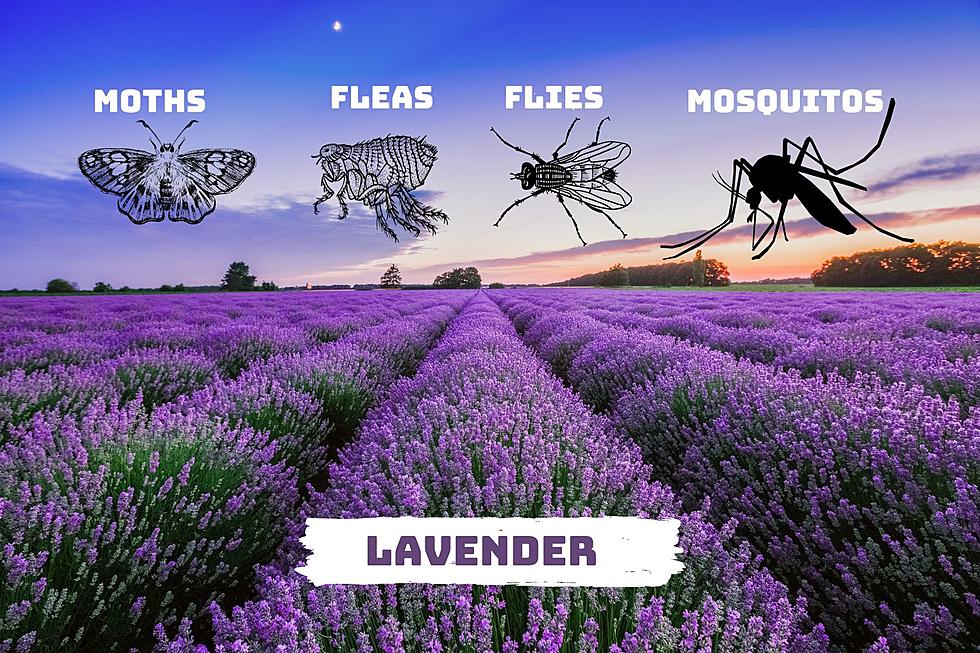
6 Tips to Keep Your Garden Pest Free Without Chemicals – Ag Matters
If time has taught us anything, it's the danger of using chemicals in your garden and yard to fight pests. They can not only harm us, but the Master Gardeners at Cornell Cooperative Extension say "they can't tell the difference between good and bad insects." Here are 6 tips to get pest free without pesticides.
- Start with Quality Soil.
Tilling in organic matter such as compost will keep your soil "clean" and provide the beneficial elements to keep pests away.
- Disease Resistant Plants.
It's easier to prevent problems then it is to get rid of them. Many different vegetable and ornamental plant varieties are bred to be more resistant to certain pests and diseases.
- Thin Out Plants.
Small, weak seedlings are more likely to become diseased and pass on problems to healthy plants. Prune established plants to improve air flow. Provide enough space in between plants to provide good air circulation.
- Water in the Morning.
If you water later in the day, the foliage will be damp during the cooler nighttime which creates an ideal condition for promoting fungus and disease issues.
- Keep Your Garden Clean.
Remove weeds, faded blooms or plant debris which can be breeding grounds for fungus, insects and diseases. Cut off dead or infected leaves as soon as you see them so that they don't contaminate the whole plant.
- Use Insect Traps.
Yellow "sticky" cards are available at garden centers. When placed on the ground or in between plants, they can catch many pests in the garden.
If you feel a pesticide is needed, make sure you understand the problem, read the label thoroughly and follow application directions carefully. Get more details on fighting pests online at Cornell's Plant Disease Diagnostic Clinic or Insect Diagnostic Laboratory. And you can always call the Horticulture Hot Line Wednesdays and Fridays from 9:00am to 12:00pm at 315-736-3394.
SOURCE: Cornell Cooperative Extension
More From Big Frog 104









